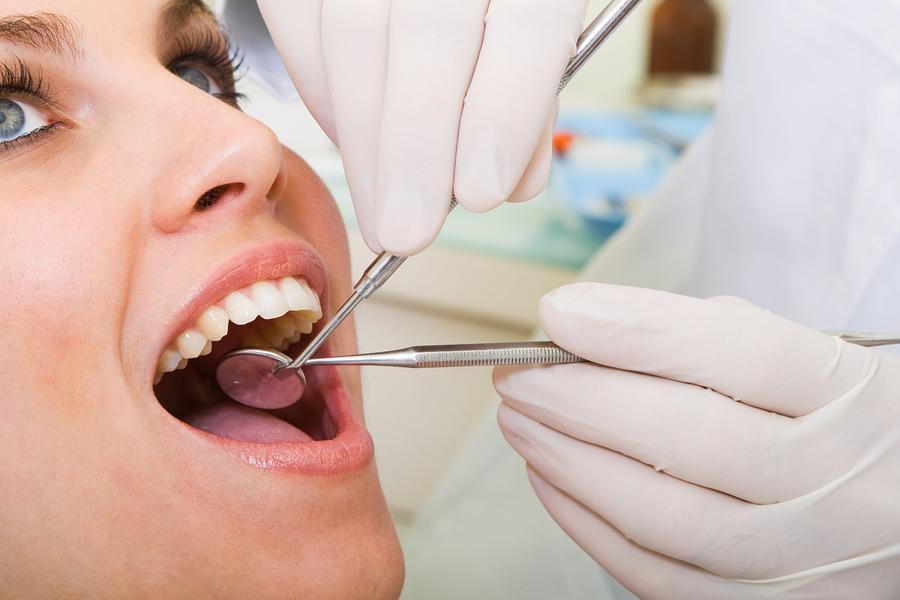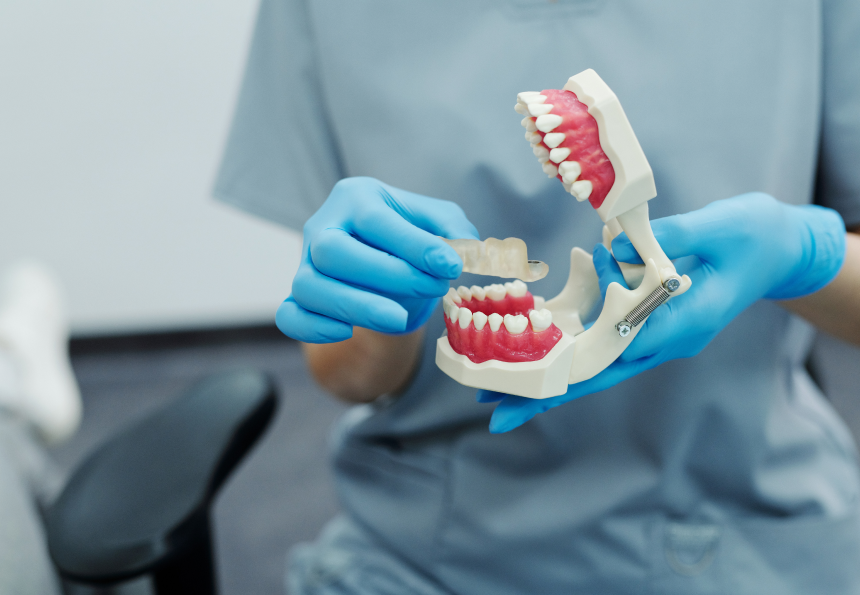What to Get out of Your Very First Visit to a Dentist in Eugene Oregon
What to Get out of Your Very First Visit to a Dentist in Eugene Oregon
Blog Article
Learn More About Regular Oral Concerns Your Dentist Can Deal With
Recognizing regular oral problems is essential for preserving optimal oral health and wellness. Issues such as cavities, gum disease, tooth sensitivity, poor breath, and tooth decay prevail yet typically forgotten till they end up being serious. Dental experts have the expertise to detect and deal with these conditions, thereby protecting against additional problems. Regular oral gos to and personalized treatment strategies can deal with these problems efficiently, ensuring a healthier and brighter smile. But what certain therapies do dental practitioners use to deal with these issues, and just how can early intervention make a distinction? The response to these inquiries provide beneficial insights right into safeguarding your dental health and wellness.
Cavities
Cavities, also recognized as tooth decays, are a widespread oral health and wellness issue brought on by the demineralization of tooth enamel because of acid manufacturing from bacterial plaque. This process starts when bacteria in the mouth metabolize sugars and starches from food, creating acids that wear down the enamel. Otherwise dealt with quickly, this erosion can penetrate much deeper right into the tooth, affecting the dentin and ultimately the pulp, potentially leading to serious discomfort and infection.
The beginning of tooth cavity development often present as white places on the tooth surface, showing initial demineralization. As the procedure progresses, these places can become black or brownish sores, representing extra extensive decay. Normal dental examinations are critical for early detection, as cavities in their inceptive phases can be treated with remineralization techniques, such as fluoride treatments.
Dental professionals commonly remove the decayed portion of the tooth and fill the dental caries with materials such as composite resin, amalgam, or ceramic. Preventative measures, consisting of great dental hygiene practices and nutritional alterations, play an essential duty in minimizing the threat of dental caries.
Gum Tissue Illness
While tooth cavities represent a considerable issue for oral health and wellness, another vital issue that demands focus is gum tissue condition. Known as periodontal condition, periodontal illness is an inflammatory problem influencing the tissues surrounding and supporting the teeth. It is primarily caused by the buildup of plaque-- a sticky film of microorganisms that creates on teeth.
Periodontal disease proceeds with phases, starting with gingivitis, defined by soreness, swelling, and bleeding gums (dentists eugene). If left without treatment, gingivitis can escalate to periodontitis, where the inner layer of the gum tissue and bone pull away from the teeth, creating pockets that end up being infected. Over time, the contaminants produced by the microorganisms break down the bone and connective cells that hold teeth in area, potentially leading to missing teeth
Early detection and treatment are crucial. Specialist dental cleanings and improved dental hygiene practices, such as cleaning twice day-to-day and flossing, can manage gingivitis. For even more advanced stages, treatments may consist of scaling and origin planing, prescription antibiotics, and even medical treatments.
Regular oral examinations play a pivotal function in taking care of and protecting against gum tissue disease. Dental practitioners can identify early signs and recommend proper treatments, guaranteeing the maintenance of healthy periodontals and total oral wellness.
Tooth Level Of Sensitivity
Tooth sensitivity affects millions of people worldwide, offering an usual yet frequently distressing oral concern. This problem arises when the enamel, the outer safety layer of the teeth, is compromised, exposing the underlying dentin.
Several elements add to enamel erosion and succeeding tooth level of sensitivity, consisting of hostile cleaning, acidic foods and drinks, periodontal economic downturn, and bruxism (teeth grinding) Furthermore, dental procedures such as teeth lightening can temporarily increase sensitivity.
Foul Breath
One more common oral problem that influences people' daily lives is bad breath, medically called halitosis. Halitosis often stems from inadequate oral health, which enables food fragments to continue to be in the mouth, fostering microbial growth.

Dental practitioners play a vital role in identifying and treating bad breath. They can identify the origin with an extensive examination and offer customized suggestions and therapy plans. Recommendations might involve boosting dental hygiene methods, such as normal cleaning and flossing, using anti-bacterial mouth washes, remaining hydrated, and attending to any kind of dental concerns. Sometimes, a referral to a professional may be essential to deal with underlying wellness troubles adding to negative breath. Effective monitoring of halitosis not just enhances oral wellness however also significantly boosts lifestyle.
Dental Caries

Stopping tooth degeneration entails a mix of great dental hygiene practices and normal oral examinations. Brushing teeth at the very least twice daily with fluoride tooth paste, flossing to remove plaque between teeth, and restricting the intake of sugary foods and beverages are necessary safety nets. Fluoride therapies, oral sealers, and expert cleansings given by a dentist can also play a substantial duty in strengthening enamel and protecting against decay.
When tooth degeneration takes place, early treatment is crucial. Dentists can eliminate decayed tissue and recover the tooth with dental fillings made from products such as composite material, amalgam, or porcelain. In more sophisticated cases, therapies like crowns, origin canals, or extractions might be required. By resolving dental cavity immediately, dental practitioners aid protect dental structure and function, making certain lasting dental health and wellness.
Final Thought
Addressing usual dental problems such as dental caries, periodontal illness, tooth level of sensitivity, halitosis, and dental cavity is vital for preserving optimum dental health and wellness and total well-being. Dentists possess the experience to diagnose and deal with these issues properly, making sure customized treatment for each individual. Routine preventive actions and dental check-ups are necessary in determining and handling these problems early, promoting a healthier and more certain smile over a life time.

Tooth decay, likewise known as oral caries, occurs when the enamel, the outermost layer of the tooth, is deteriorated by acids generated by microorganisms in the mouth. Brushing teeth at the very least twice daily with fluoride tooth paste, flossing to get rid of plaque between teeth, and restricting the intake of sugary foods and beverages are crucial preventative steps.Addressing usual oral issues such as tooth cavities, periodontal condition, tooth level of sensitivity, negative breath, visite site and tooth degeneration try this web-site is critical for preserving optimal dental health and wellness and overall health.
Report this page